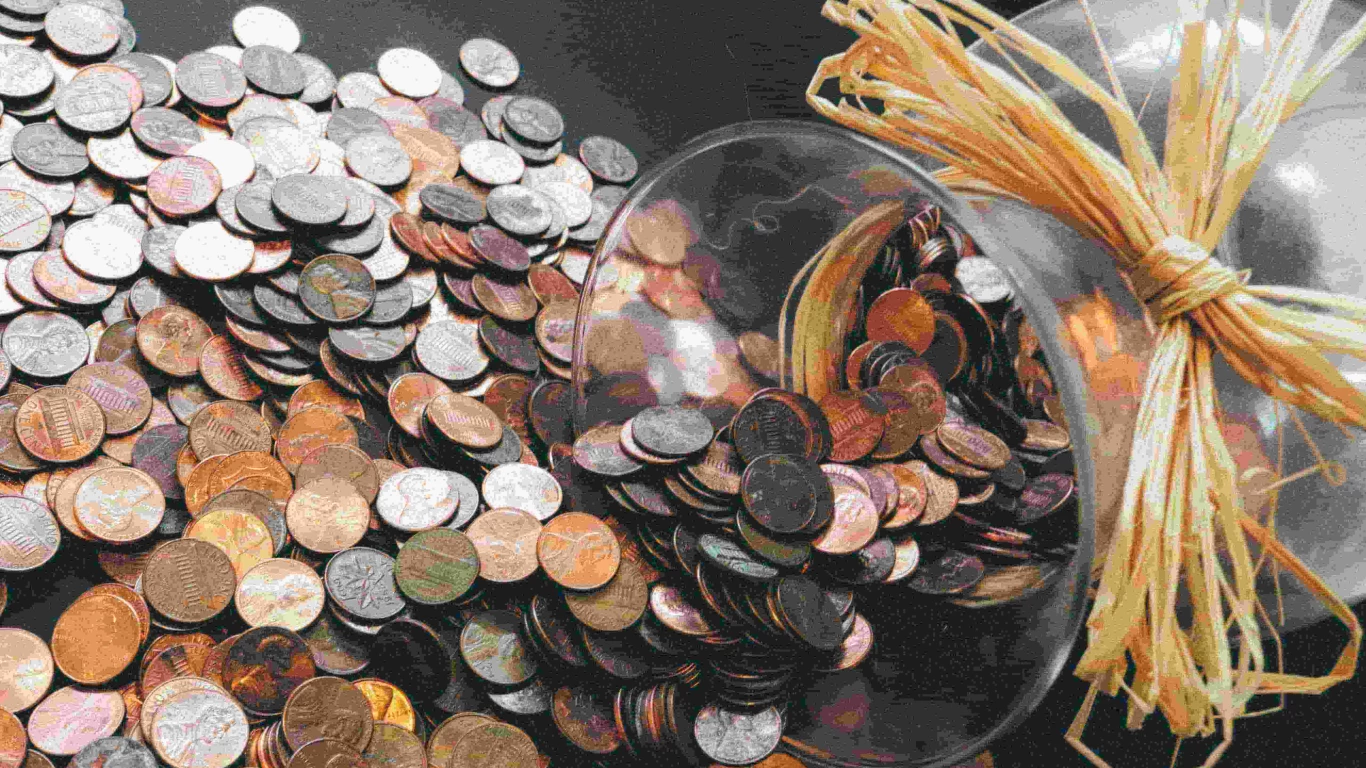“Would you like to donate a dollar to help support the local animal shelter?”
If you’ve ever been to a supermarket recently, a question like this can hardly be considered a rarity.
If you haven’t experienced anything like this in recent memory, then picture the following situation in your head: A cashier struggling to get by, just grinning at you as they wait for as long as they can tolerate for your response or donation. Being put on the spot like this might make you feel a little awkward, so you wave away the offer, express a slight bit of annoyance, and quickly mutter a “no thanks, I’m good.”
Only for it to be followed by an “...are you sure? It’s for the cute little animals!”
Okay maybe it didn’t go exactly like that, but overall- you get the gist.
The imaginary scenario you just witnessed is recognized by non-profits and marketers alike as a ‘traditional donation request'. These requests are typically initiated by an agreement between the merchant and some amount of partnered organizations. Your local market may engage in ‘checkout charity’ and partner up with a nonprofit for any combination of the following reasons:
-
Aligned interests between the target consumer and the nonprofit
-
The possibility of tax benefits
-
PR-related endeavors that showcase their contributions to the community
Whether it be a surprise fundraising campaign at the local masjid jama'ah, or being asked at the supermarket checkout line if you would like to spare an extra dollar helping children in need- both approaches are suitable and serve their own niche and timely purposes. There are a multitude of ways for nonprofits to go about their fundraising endeavors, and both marketers and nonprofits recognize how to best utilize this. One such alternative worth exploring is the ease and convenience of ‘rounding up’ spare change.
Here’s Something For Our Muslim Communities to Reflect on:
Those in-person fundraising campaigns are undoubtedly a quick way for your local masjid to rack up a significant amount of money in a single night, but is it really the most efficient way in the long run? I mean, sure, we can keep them (those donation boxes, too!), but what if there was a more automated solution that efficiently takes advantage of ‘rounding up’?
In a study conducted by NC State University, a whole 45% of patrons agreed to round up, in contrast to 18% who chose to donate a flat dollar. Quite the disparity in donation participation, and one that is certainly worth examining. Although the ‘traditional’ approach to donation requests may raise more money per each singular donation, donations framed to take on the ‘rounding up’ approach often lead to a significant increase in bottom line gains.
Even though there is more variability in each singular donation, the sheer increase in people choosing to round up tends to compensate and lead to a net gain. The power of multiple people putting together their spare change for a noble cause then becomes evident.
While the exact reason for this observed phenomenon is unclear, academics propose the role of the human psyche. In fact, the Journal of Consumer Psychology puts forth the idea of roundup requests being able to reduce something called the 'perceived pain of donating'. A number of alternative positions, explanations, and possibilities are explored in order to figure out why this reduction may occur.
To summarize one such explanation: When the proposal for a roundup donation is made, the donor is typically inattentive to the donation cost. This is especially the case when making a large purchase, as the donor's attention is focused on the amount they are spending on the commodity or service rather than the comparatively small donation. Not only is the financial cost of the donation small in comparison to the purchase, but there is an added novelty to the donation request that may induce the donor to participate.
Of course, as Muslims, there is little to no concern when it comes to setting aside money for a donation. Our voluntary acts of charity, known as Sadaqah, are done to earn the pleasure of Allah and aid those in our communities. Sadaqah should not be seen as a pain, but rather, a duty for the believer and a virtuous act.
Abu Huraira (RA) narrated that the Prophet Muhammad (ﷺ) said:
“Charity does not in any way decrease the wealth and the servant who forgives, Allah adds to his respect; and the one who shows humility, Allah elevates him in the estimation (of the people).” (Sahih Muslim)
Roundup microdonations are simply another tool for Muslims to set goals and maximize their weekly giving habits. The roundup process supplied by a platform like BlessingUP is entirely automated for your 501(c)(3) approved nonprofit. This provides ease and comfort to your loyal donor-base. With a simple and straightforward nonprofit registration, a heightened number of bottomline returns for your organization will, inshaAllah, enable your hardworking nonprofit to better give back to the community.
